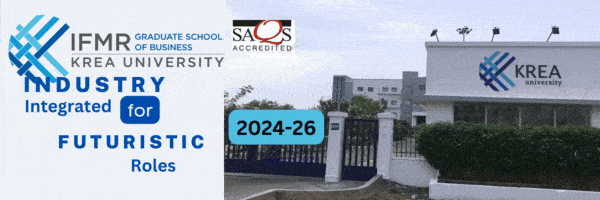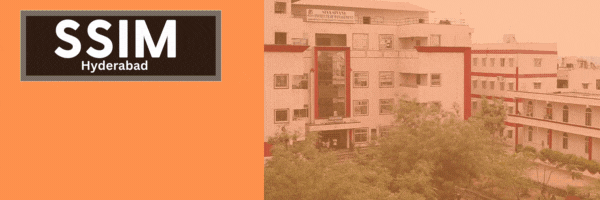“Learning can be made smarter by going beyond the hybrid mode of teaching.”
The Delhi Education Summit organized on Dec 21, 2021 in virtual mode had the leaders from academia deliberating on teaching methodology moving forward.
Dr. Jitendra K. Das, Director, FORE School of Management, New Delhi was the Session Moderator for “Is Blended Learning – The Way Forward” with the panelist Prof. (Dr.) Neharika Vohra, Vice Chancellor, Delhi Skill & Entrepreneurship University; Dr. Sanjeev Bansal, Dean FMS and Director Amity Business School; Aditi Mishra Founder Head DPS Gurugram; Prof. Harbhajan Singh Chief Strategy and HR, XLRI Jamshedpur New Delhi and Subhajit Mazumdar, Director Strategic Growth, Microsoft.
CII Manufacturing Excellence Week 2021
Dr. Jitendra K. Das, set the context starting with ‘Hybrid model classroom program’, with 50% students are online and 50% are in classroom. He also referred to the fact that many students, even after the trend of being taught everything online, somehow don’t have any access to the technology enabled learning device with them, stopping them from having access to the material. He stressed the fact that we should take measures according to our capacity. “Asynchronous learning is the new opportunity that we have been faced with from the pandemic”, he added.
“Block chain used in packaging to stop counterfeit market” – Dr. Jitendra K. Das
Prof. (Dr) Neharika Vohra, Vice-Chancellor of Delhi Skill and Entrepreneurship University, stressed the importance of an approach where students are encouraged to press, among other things, to hybridize textbook learning with real-life experiences outside the classroom setting. She also reminded the key members that it is now more important to get students out of their classrooms and into community-building activities, not only with technology but through every other possible means.
Thought leaders asses learning methodology in higher education during new normal
Pandemic has given us a new perspective”, added Dr Sanjeev Bansal, Dean – FMS & Director Amity Business School. He still feels that the old way is the only normal and the new normal modes of teaching are only the alternate ways. He stated that the challenge we face today is the quality of education. “Academic integrity and evaluation are the two most important aspects that should be maintained at all levels”. He also touches on the mental health issue that most students now face while having online classes.
Being the only representative from the school space, Aditi Misra, Founder of Head DPS Gurugram, remarked that it is very difficult to keep school students engaged through an online class. She discussed the swayam portal, which was funded by the govt as part of the blended learning attempt but still, it had a lot more to go. The underprivileged didn’t have the devices for online education, and the fact that these devices could be easily made available to them is a big challenge. “Instead of giving books to children, give them tablets”.
Harbhajan Singh, Chief Strategy & HR, XLRI New Delhi, began his statements by reminding us about the difference between this generation and the generation to come. “Blended learning is the only way forward. It will continue for a long time,” he added. He pointed out the challenges being the value education that parents will inculcate with their children. This will mould this generation’s approach towards life since the environment of meeting and playing together is missing.
Subhajit Mazumder, Director – Strategic Growth, Microsoft India, debated whether we like it or not; the same options and flexibilities need to be provided to the learners and the entire ecosystem. The bigger scope is the collaboration of institutions for blended education. Learners can choose the best course from different institutions at the same time. He questioned the balance of blending education with life. “Proper education and life balance are equally important to work-life balance.” He ended his views by referring to the motto he wanted blended learning to be all about: “Learn for life”.





